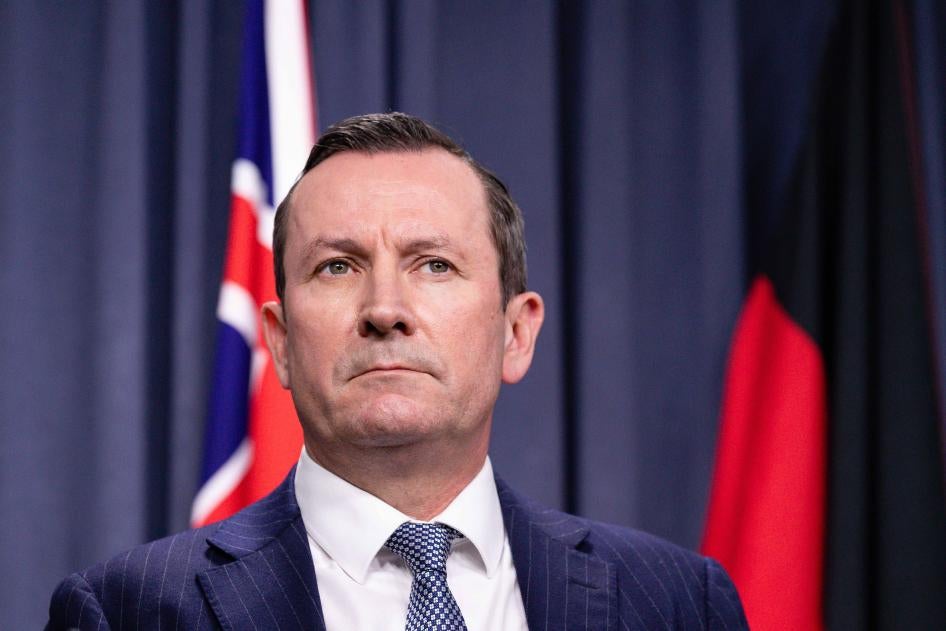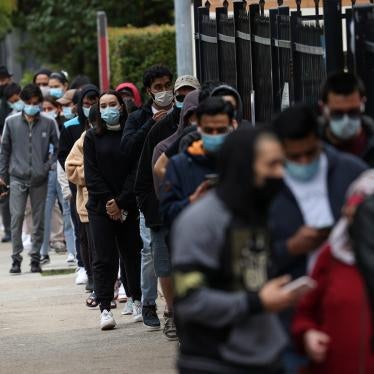You would think that as Australians in 2021, we could feel secure that our human rights were enshrined in our law. But think again.
Australia is almost alone in being a democracy without a Charter or Bill of Human Rights.
Canada and South Africa have a Bill of Rights in their Constitutions. The United Kingdom and New Zealand have Human Rights Acts, while countries like India, East Timor, and Argentina have comprehensive constitutional guarantees of human rights. The European Convention on Human Rights binds 47 countries.
The Australian Constitution has only a small number of enforceable human rights. And while Australia is a party to seven core international human rights treaties, those treaties have to be implemented into our domestic laws to be enforceable and only some very limited rights have been incorporated in that way.
This has left many in our community exposed – with no comprehensive laws that require government departments, police, state schools, and councils, to act in a way that is compatible with human rights.
In the last 20 years, there has been a positive trend across Australia toward establishing greater legislative human rights protection. In 2004, the Australian Capital Territory introduced the Human Rights Act, followed by Victoria introducing the Charter of Rights and Responsibilities Act in 2006, and Queensland’s Human Rights Act in 2019.
In 2007, the then Western Australia Attorney-General Jim McGinty initiated an extensive community consultation process to gauge the support for a WA Human Rights Act. A committee held more than 40 public hearings and received nearly 400 submissions from the public, community organizations, and government agencies.
The clear majority expressed strong support for Western Australia to adopt its own Human Rights Act, with legal protections for civil political, economic, social, and cultural rights.
“The work done by the committee is a model example of how governments should gather the opinion of the public on important issues,” McGinty said at the time. But the Carpenter government decided to hand the issue over to the federal government.
In 2009, a committee set up by the Rudd government recommended a federal Human Rights Act. But the Labor Party ignored the recommendations of its own inquiry.
In the wake of federal inaction, Queensland joined the Australian Capital Territory and Victoria in passing the Queensland Human Rights Act in 2019. "The intention of this bill is to put human rights at the centre of public sector decision-making,” said the state’s attorney general, Yvette D'Ath.
The act has helped protect the rights of people with disabilities. It helped fast-track out of hotel quarantine a severely distressed autistic 3-year-old and her family, who were allowed to continue their quarantine at home. In Victoria, the laws ensured that child protection authorities did not needlessly remove a child from a single mother with cerebral palsy because of her disability.
Human rights acts can also help protect cultural rights. In 2018, the Victoria Supreme Court ruled that courts must consider the distinct cultural rights of Aboriginal people under the Victoria Charter and recognized the important role that Koori Courts play in addressing the systemic disadvantage Aboriginal people face in the justice system.
In Western Australia, we are missing scrutiny of legislation specifically for human rights impacts, and the opportunity to have government policies mandate human rights protections. This was clearly demonstrated recently with the Aboriginal Cultural Heritage Bill, which left Aboriginal traditional owners, land councils, and heritage groups rightly upset over a failure to engage First Nations people in genuine consultation over the new laws.
Today is International Human Rights Day and it marks the public start of a new campaign here in WA, ‘Western Australia for a Human Rights Act.’ This alliance of legal, human rights and community groups bears witness to the human rights violations that some Western Australians still experience. We are advocating for the introduction of a Human Rights Act for WA because we know it will make a lasting difference in people’s lives.
It’s time. The McGowan government should place a Human Rights Act on the top of its legislative agenda for next year.








